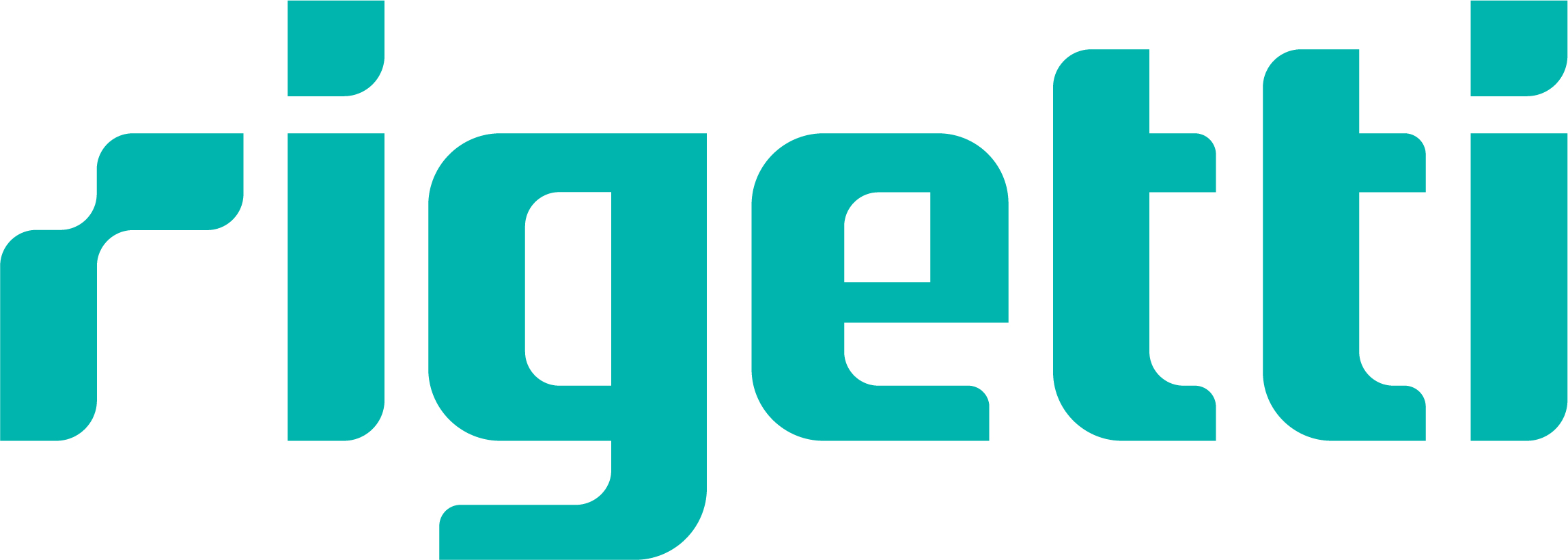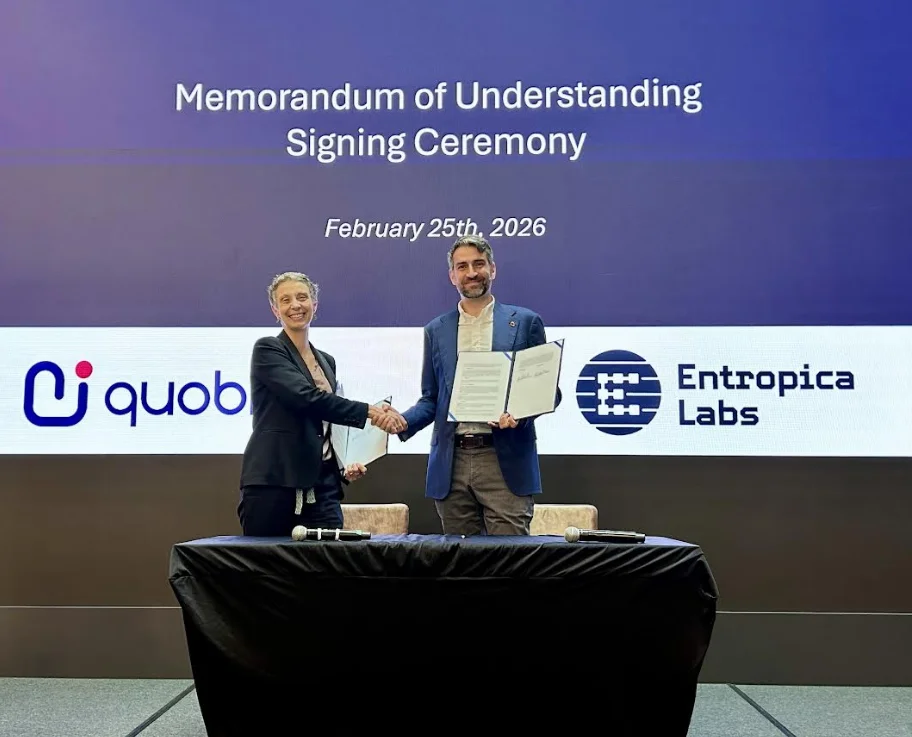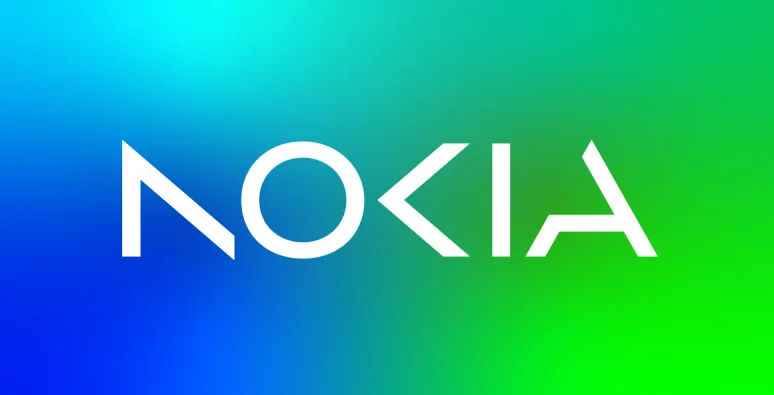Insider Brief
- Rigetti Computing launched its flagship 84-qubit Ankaa-3 quantum computer, featuring a major hardware redesign and achieving significant milestones, including a 99.0% median iSWAP gate fidelity and 99.5% median fSim gate fidelity.
- The Ankaa-3 system, available on Rigetti’s Quantum Cloud Services platform and soon on Amazon Braket and Microsoft Azure, incorporates advanced cryogenic design, a revamped qubit chip, and precise control technologies, enabling faster, high-fidelity gate operations.
- Rigetti aims to expand its modular architecture in 2025, targeting a 2x reduction in error rates and introducing systems with over 100 qubits, reinforcing its leadership in superconducting quantum computing.
PRESS RELEASE — Rigetti Computing, Inc. (Nasdaq: RGTI) (“Rigetti” or the “Company”), a pioneer in full-stack quantum-classical computing, announced today the public launch of its 84-qubit Ankaa-3 system. Ankaa-3 is Rigetti’s newest flagship quantum computer featuring an extensive hardware redesign that enables superior performance. Rigetti also celebrates major two-qubit gate fidelity milestones with Ankaa-3: successfully halving error rates in 2024 to achieve a median 99.0% iSWAP gate fidelity, as well as demonstrating 99.5% median fidelity fSim gates.
Ankaa-3 is now available to its partners via the Rigetti Quantum Cloud Services platform (QCS®) and will be coming to Amazon Braket and Microsoft Azure in the first quarter of 2025. Users will be able to operate these higher fidelity and universal iSWAP gates for a wide range of algorithmic research, with a median gate time of 72 nanoseconds. The faster (median 56 nanoseconds), more specialized fSim gates are useful for specific algorithms such as random circuit sampling, as recently demonstrated on Google’s Willow system.
The Ankaa-3 system continues to feature Rigetti’s scalable, industry-leading chip architecture with 3D signal delivery while incorporating major enhancements to key technologies. Leveraging the Company’s full-stack expertise and in-house quantum foundry capabilities, Ankaa-3 demonstrates Rigetti’s ability to deliver increasingly higher performance quantum computers.

The Company’s focus on improving qubit fidelity has resulted in enhancements across the technology stack:
- All new cryogenic hardware design – Reducing the amount of metal at the refrigerator’s coldest stage increases efficiency and reduces the cost per qubit. Superior thermalization and magnetic/environmental shielding also improves system performance. This new design enables scaling up to thousands of qubits.
- Improved qubit chip – Rigetti overhauled its qubit chip, leading to improved coherence. Through its collaboration with the Superconducting Quantum Materials & Systems Center (SQMS) led by Fermilab, Rigetti implemented a metal deposition method for qubit circuitry with a higher T1 baseline — which indicates the lifetime of a qubit. Additionally, the circuit layout was optimized to minimize qubit losses and take advantage of the new higher-coherence process.
- Josephson junction fabrication with Alternating-Bias Assisted Annealing (ABAA) – The Ankaa-3 chip features the hallmarks of Rigetti’s Ankaa-class chip architecture with a square lattice of qubits and tunable couplers. The 84-qubit chip’s Josephson junctions are manufactured using Rigetti’s novel ABAA technique. ABAA allows for precise qubit frequency targeting, which enables better execution of two-qubit gates and increases in yield, both of which contribute to higher fidelity.
- Precise control and flexible gate architecture – Rigetti has invested heavily in the control technologies underpinning its QPUs. Chip-wide optimization of qubit and tunable coupler frequencies produces fewer unwanted qubit-qubit interactions, and real-time, in-hardware pulse pre-compensation produces gates with lower incoherent errors. Rigetti has also developed a robust calibration process for highly expressive square-root-iSWAP-like gates while solving some of the compilation challenges associated with their practical usage, resulting in an nQA-oriented gate set with significantly lower error rates.
“With approximately $225 million of cash, cash equivalents and available for sale investments and no debt, we are extremely confident in our ability to deliver on our roadmap and performance goals. The remarkable performance of Ankaa-3 reinforces our leadership in the superconducting quantum computing field — which we believe is the winning modality for high-performance quantum computers due to their many advantages, including fast gate speeds and well-established manufacturing processes,” says Dr. Subodh Kulkarni, Rigetti CEO.
“Our teams, across the technology stack, work incredibly hard to introduce new, innovative ways to increase our system’s performance. As we continue the journey towards fault tolerance, we are constructing computing systems with capabilities that have not been seen before,” says David Rivas, Rigetti CTO. “At Rigetti, working closely with our partners, we are committed to finding ways to put those systems to practical use.”
Rigetti plans to introduce the next generation of its modular system architecture, while continuing to increase fidelities, in 2025. By mid-year 2025, the Company expects to release a 36-qubit system based on four 9-qubit chips tiled together, with a targeted 2x reduction in error rates from the current level. By the end of 2025, the Company expects to release a system with over 100 qubits with a targeted 2x reduction in error rates from the current level.














